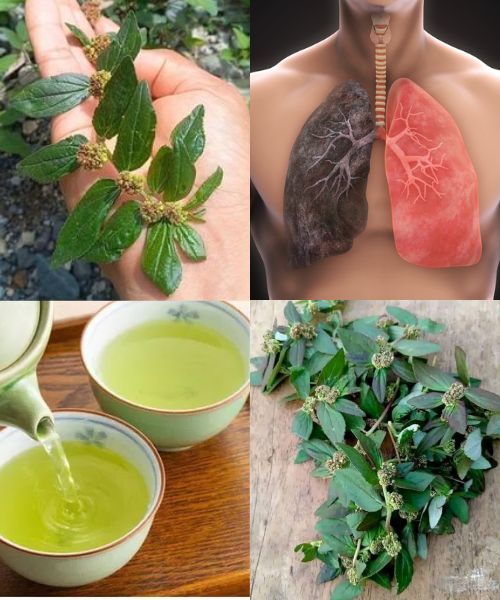A Plant with Many Names
Euphorbia hirta, also known as Asthma Weed, Asthma Plant, and Milkweed, is a common herb found in tropical and subtropical regions. Despite its unassuming appearance, this plant has been used in traditional medicine for centuries to treat a wide range of ailments.
The Power of Euphorbia Hirta
Research has shown that Euphorbia hirta possesses numerous pharmacological properties, including:
- Anti-inflammatory: It helps reduce inflammation, making it beneficial for conditions like arthritis and asthma.
- Antimicrobial: Its antimicrobial properties help fight bacterial and fungal infections.
- Antioxidant: The antioxidants in Euphorbia hirta protect cells from damage caused by free radicals.
- Anti-diabetic: Studies suggest that it may help regulate blood sugar levels.
- Anticancer: Some research indicates that Euphorbia hirta may have anticancer properties.
- Antifungal: It can be used to treat fungal infections like athlete’s foot.
Traditional Uses of Euphorbia Hirta
- Respiratory Disorders: Used to treat asthma, bronchitis, and cough.
- Skin Conditions: Applied topically to treat skin infections, eczema, and psoriasis.
- Digestive Issues: Used to alleviate digestive problems like diarrhea and dysentery.
- Fever and Pain: Employed to reduce fever and alleviate pain.
- Wound Healing: Used to promote wound healing.
How to Use Euphorbia Hirta
While Euphorbia hirta can be used in various forms, it’s crucial to consult with a healthcare professional before using it, especially internally. External applications are generally safer.
External Use:
- Topical Application: The plant’s sap can be applied directly to skin infections or wounds.
- Poultice: Crushed leaves can be made into a poultice and applied to skin irritations.
Internal Use:
- Tea: Dried leaves can be brewed into a tea and consumed to treat respiratory ailments.
- Capsules: Euphorbia hirta is available in capsule form, but it’s important to consult with a healthcare provider before using it internally.
Caution:
- Skin Irritation: The sap of Euphorbia hirta can cause skin irritation in some individuals.
- Internal Use Risks: Internal use of Euphorbia hirta should be done under the guidance of a healthcare professional, as it can have potential side effects.
Conclusion
Euphorbia hirta, with its diverse medicinal properties, has been used for centuries in traditional medicine. However, it’s important to use it with caution and under the guidance of a healthcare professional. While further research is needed to fully understand its potential, Euphorbia hirta remains a promising natural remedy for various health conditions.
